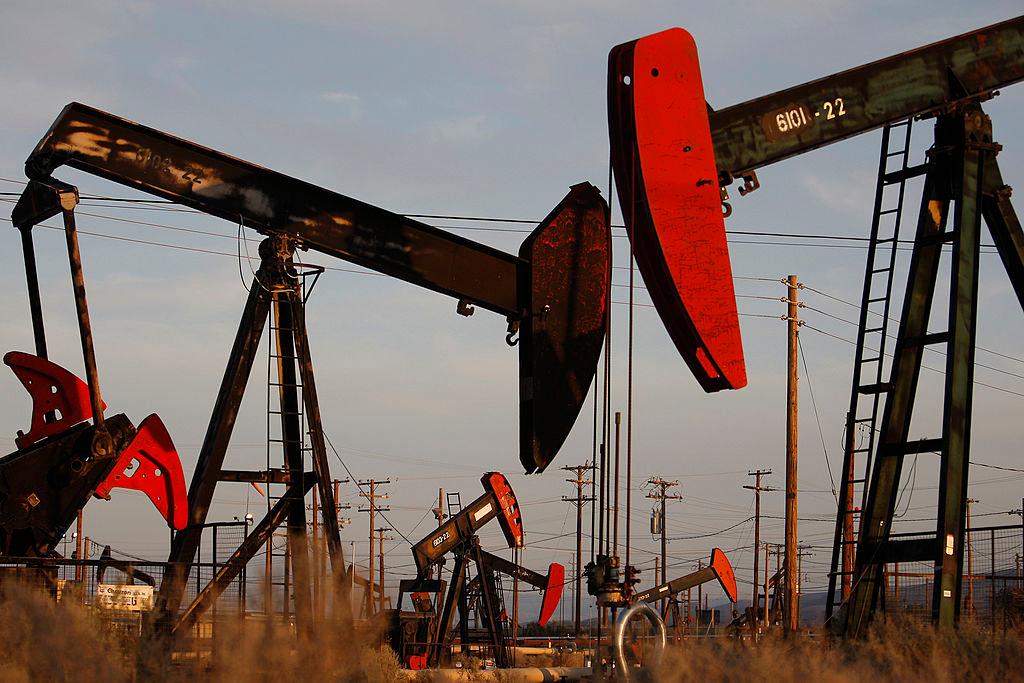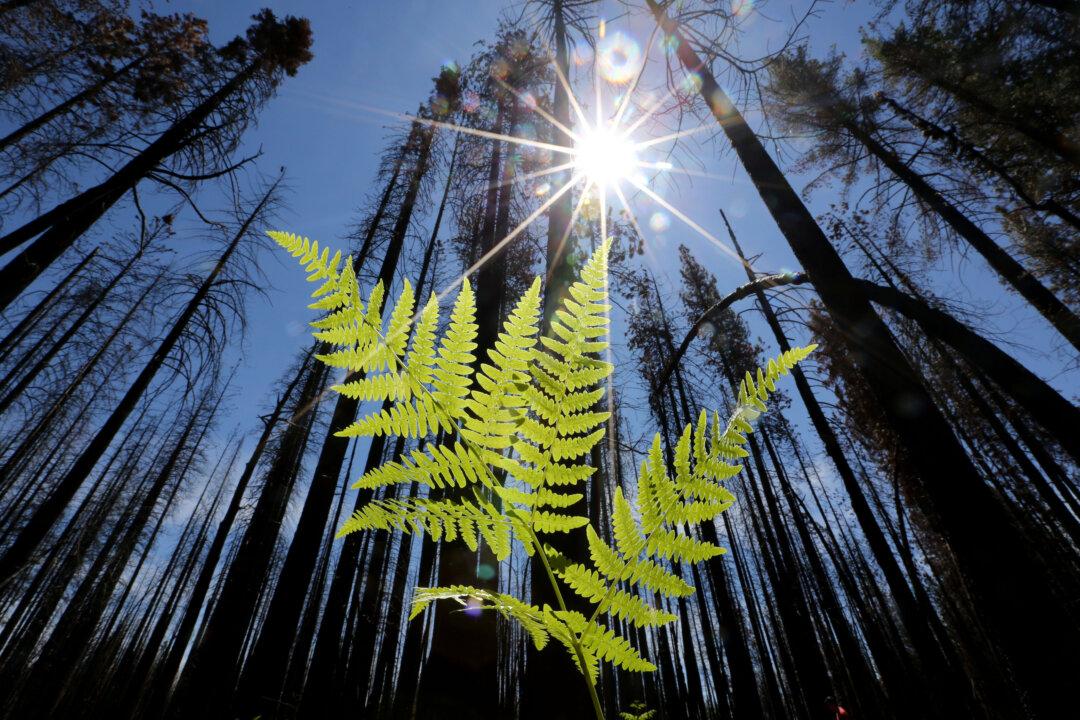Democratic senator and presidential hopeful Bernie Sanders (D-Vt.) introduced his “Fracking Ban Act“ to the U.S. Congress on January 28th, which if approved would ban hydraulic fracturing across the United States by 2025. The bill was authored by Sanders and one of his most high-profile supporters in the Democratic primaries, Rep. Alexandria Ocasio-Cortez (D-N.Y.). The bill would ban fracking near homes and schools by 2021 and then, ”starting in 2025, it would ban fracking nationwide.”
The hydraulic fracturing (or ‘fracking’) process, however, has played a huge role in the United States’ transition to energy independence. The ’shale revolution‘ meant that horizontal drilling techniques coupled with high-pressure rock-fracturing methods made previously inaccessible ’tight’ oil and gas extractable. In his State of the Union Address on February 5, President Donald Trump said that “We have unleashed a revolution in American energy. The United States is now the number-one producer of oil and natural gas anywhere in the world.”





